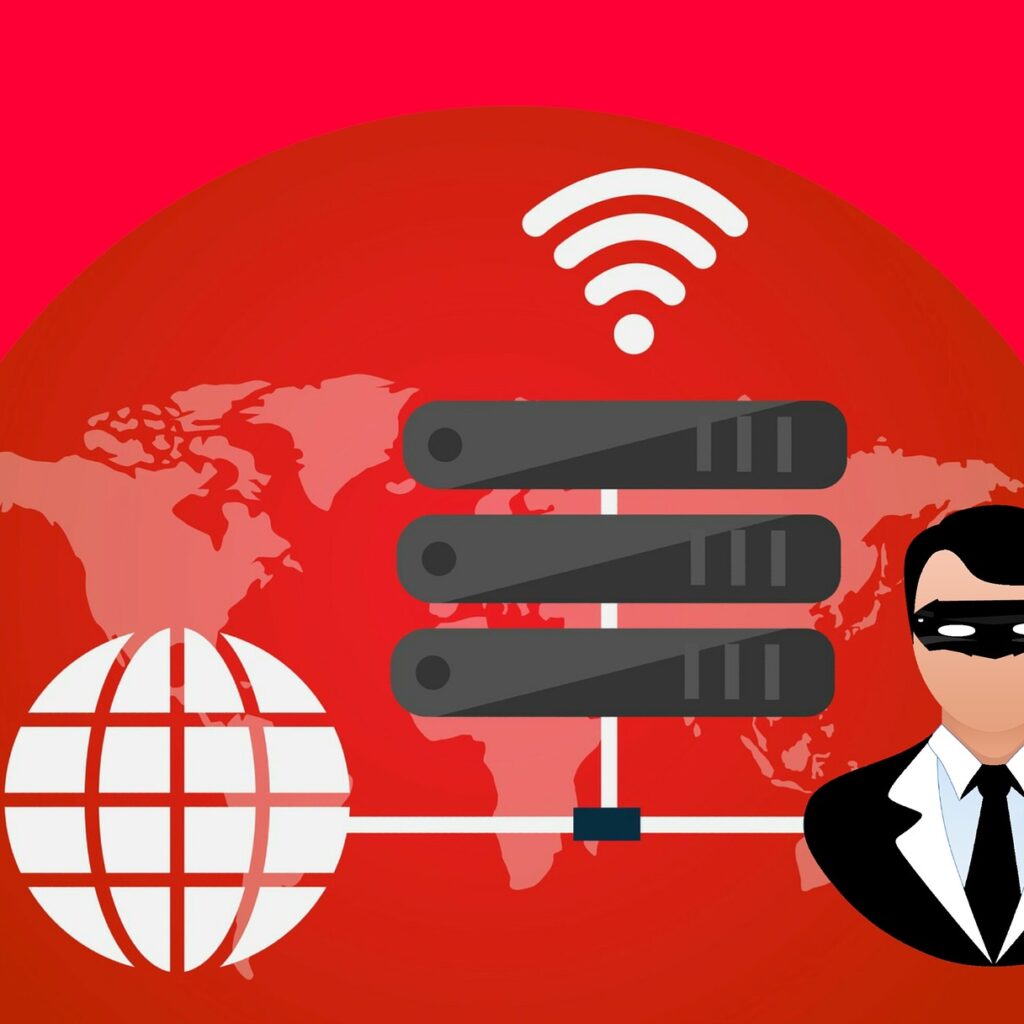
Safeguarding our digital footprint is now crucial in the ever-expanding digital ecosystem where risks to online security are around every turn. Navigating the maze of cybersecurity precautions can be challenging but also essential for Linux users. Among the many methods and resources at hand, one approach sticks out for being both practical and easy to use: the free VPN.
A free virtual private network, or VPN, protects users from prying eyes and any online dangers by providing an extra layer of privacy and encryption. Although there are others who doubt the dependability and efficacy of free VPNs in comparison to their premium equivalents, statistical data presents a convincing picture of how free VPNs affect Linux users’ cybersecurity.
Recent research indicates that Linux users have adopted free VPN services at a far higher rate than before, with a startling growth in usage in only the last year. This increase might be ascribed to individuals’ increased consciousness of the significance of protecting their online activity and privacy.
Using a free VPN on Linux computers has several notable benefits, one of which is its capacity to hide the user’s IP address and hence make their online identity anonymous. In an age of ubiquitous monitoring, this crucial feature not only protects against malevolent actors attempting to follow or observe user activity, but it also guarantees privacy and secrecy.
Furthermore, user data transferred between the VPN server and the user’s device is secure and impenetrable because to the strong encryption algorithms provided by free VPNs. Unprotected internet connections are prone to vulnerabilities, as recent data leaks and cyberattacks have brought to light. Free VPNs strengthen Linux users’ defenses against possible cyber attacks by encrypting data transfer, improving overall cybersecurity posture.
Free VPNs not only offer encryption but also make it simple for Linux users to bypass geo-restrictions and see content that is geo-blocked. You can get around restrictions and access any form of online content—social media, streaming services, and prohibited websites—by using a free VPN.
To offer even more protection, a lot of free VPNs are equipped with a kill switch function that, should the VPN connection fail, immediately disconnects the user from the internet. This feature guarantees ongoing protection against unanticipated network outages and stops data leaks.
The importance of selecting a reliable service provider cannot be overstated, even if Linux users can profit much from free VPNs. Making educated selections and reducing possible hazards connected with using free VPNs may be achieved by consumers doing extensive research and carefully examining the privacy policies and security features of various VPN providers.
In summary, a key component of attaining a high degree of cybersecurity on Linux computers is the use of a free VPN. The advantages of using a free VPN are evident; they include encryption, anonymity, getting around geo-restrictions, and continuous protection. Linux users may navigate the digital world with confidence by utilizing free VPNs, since they provide protection from cyber dangers and prying eyes when they are online.





